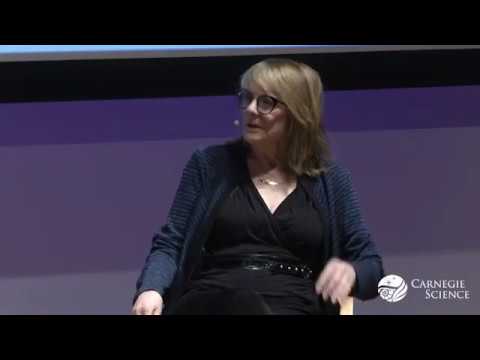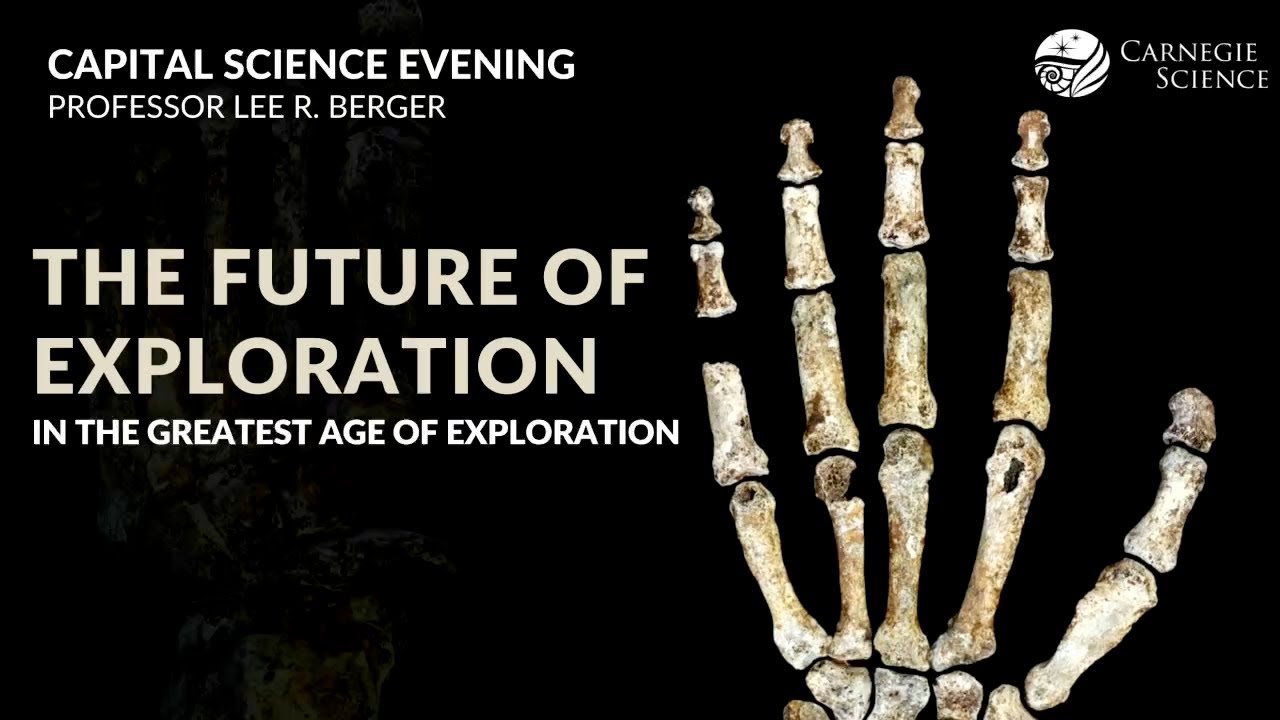For several decades, Dr. Elizabeth Loftus has been manufacturing memories in unsuspecting minds. Sometimes this involves changing details of events that someone actually experienced. Other times, it involves planting entire memories of events that never happened—something called “rich false memories.” People can be led to believe that they have done implausible things. They can be led to falsely believe that they had experiences that would have been emotional or traumatic had they actually happened. False memories, like true ones, also have consequences for people, affecting later thoughts, intentions, and behaviors. Can we tell true memories from false ones? In several studies, Loftus created false memories in the minds of people, and then compared them to true memories. Once planted, the false memories look very much like true memories, in terms of behavioral characteristics, emotionality, and neural signatures. If false memories can be so readily planted in the mind, do we need to think about “regulating” this mind technology? And what do these pseudo-memories say about the nature of memory itself?
Dr. Elizabeth Loftus, Distinguished Professor, University of California Irvine
Co-hosted by the Carnegie Institution for Science with the Council of Scientific Society Presidents and The Kavli Foundation.
The Capital Science Evenings are made possible in part by the generous support of Margaret and Will Hearst.
December 5, 2016





